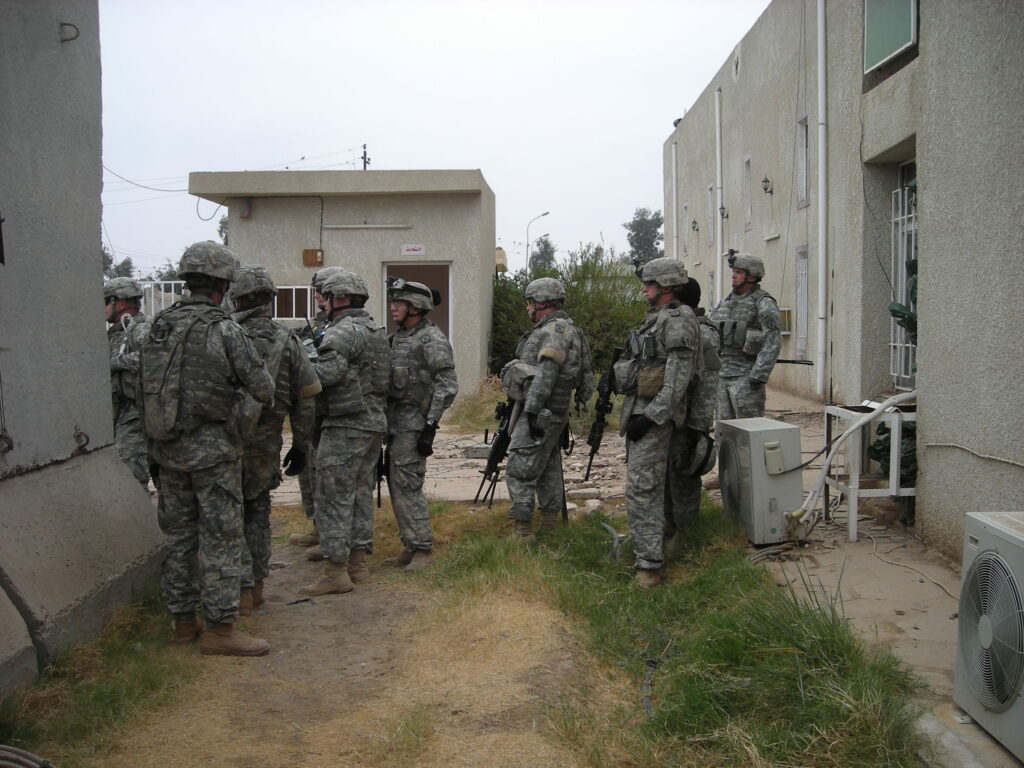The phrase “everything starts and stops with leadership” is something I’ve heard many times and has different meanings. The phrase means everyone in the organization understands their roles and responsibilities; also, the individual within the team is empowered to take charge in the absence of orders.
In other words, individuals in the organization are willing to take the initiative when things are not going as planned and something needs to be fixed. Moreover, people in the organization feel safe to make mistakes and know that they will be rewarded for their efforts versus ridiculed for their failure.
Nevertheless, trust must be the foundation within the organization. Yet, trust requires continuous personal and professional development.
The military has several professional development leadership courses where young potential leaders will attend these courses to advance their careers in the military. The first is the Basic Leadership Course (BLC), or what use to be called the Primary leadership Development Course (PLDC).
These leadership courses are designed to challenge an individual physically, mentally, and emotionally. However, these are labeled professional development courses; yet, these leaders going through the course will develop themselves personally.
Leadership courses also teach young potential leaders’ leadership and counseling skills, training management, map reading, land navigation, drill and ceremony, and lastly, warfighting.
The BLC is not job-specific; however, leaders will branch off in the Advanced and Senior Leadership courses depending on their perspective Military Occupation Specialty (MOS). Infantry soldiers will attend their courses, and Logistic Specialist will attend their courses. Bottom line up front, the BLC is a month-long course designed to teach young leaders necessary leadership skills to lead small groups of Soldiers (that is, small teams).
Nevertheless, relationship building and building trusting teams takes work; essentially, that work comes from developing listening skills, empathy, interpersonal communication skills, learning to build rapport, etc.
Whether you are in the military or not (you have never been to a leadership course), in essence, building trust with people means you give trust. For instance, as a leader, I need someone to complete a task, I would ask the follower their opinion on completing the task. I need to layout my intent, which is a concise expression of the task’s purpose and the desired end state. In the end, if the subordinate hits any roadblocks, opposition, or adversity, they will push through, because he/she understands the end goal.
Everything starts and stops with leadership, where individuals in the organization are willing to take the initiative when things are not going as planned and something needs to be fixed. The trust established allows the subordinate and everyone else in the organization to feel as though they matter, and everyone is there to see that the organization moves forward.

